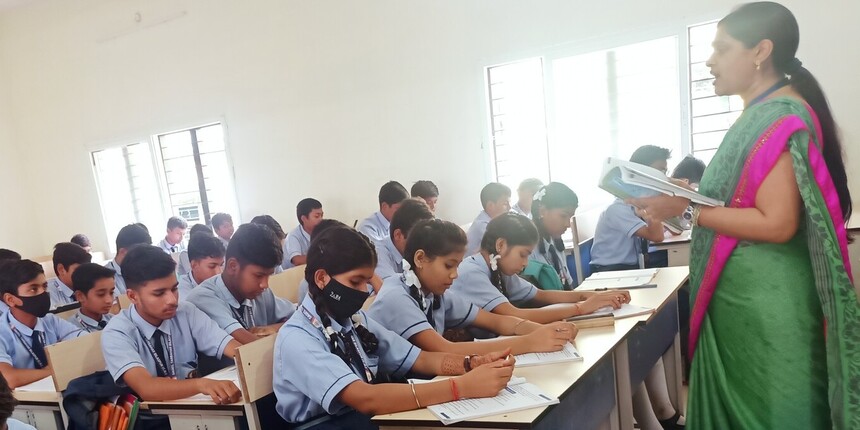EWS Quota Admissions: Delhi HC says purpose will be defeated if distance criteria strictly followed
Press Trust of India | June 1, 2023 | 05:52 PM IST | 3 mins read
Court also said that the DoE should try to allot schools which are nearest to the residence of the students for EWS and CG quota as well.

NEW DELHI: The whole purpose of reservation of seats for Economically Weaker Sections (EWS) and Disadvantaged Category (CG) will be defeated if seats for them in schools are allowed to go waste on account of neighbourhood criteria, the Delhi High Court has said and ordered a school to admit two students who lived some distance away. It said the seats in these categories are limited while the demand is much higher. Therefore, while allotting seats for admission under the EWS or DG category, it may not be possible for the Directorate of Education (DoE) to follow the criteria of neighbourhood strictly, the court said. “This court notes that in the present social milieu, the demand for admission under the EWS/ DG category is much higher as compared to the number of seats that are available for allotment under the EWS/ DG category. "Therefore, if seats in a particular school are available under the EWS/ DG category, then the DOE is required to allot such schools to the applicants who have applied for admission under the said category,” Justice Mini Pushkarna said.
The court cannot be oblivious of the noble purpose with which criteria has been developed for reservation of seats under the EWS and DG categories, the judge said. While EWS refers to children whose annual family income is less than Rs 1 lakh, the DG category includes SC, ST, OBC, non-creamy layer, orphans, transgender and children living with or affected by HIV. "The social purpose of reservation of seats under the EWS/ DG category cannot be allowed to be lost, if such objections with regard to the applicants not meeting the neighbourhood criteria are entertained, especially when admissions under the EWS/ DG category are involved,” it said.
The court made it clear that the order is being passed keeping in view the fact that children belonging to the weaker sections of society are to be given equal opportunities for education in good schools so they are able to join the mainstream. However, it is directed that the DoE shall make endeavour, as far as possible, to allot schools which are nearest to the residence of the students, the court said.
The court’s order came while hearing a plea by two applicants who were allotted Happy Hours School under the EWS/ DG category in class 1 under the draw of lots conducted by the Delhi government’s DoE but were denied admission by the school. They sought direction to the school to grant them admission under the category. The counsel for the school submitted their residences were approximately 4 km away from the school, and since they did not fulfil the neighbourhood criteria, they cannot be granted admission. The counsel said the school does not provide any transportation to the areas where the petitioners reside. The applicants’ counsel said they were willing to travel the 4 km distance to study in the school.
The court rejected the objections raised by the school and directed the institution to grant admission to the two children in Class – 1 under the EWS/ DG category forthwith. “Only limited seats are available for admission under EWS/ DG category in each of the schools, whereas the number of applicants who desire to seek admission under the EWS/ DG category is far more than the seats available. “Therefore, while allotting seats for admission under the EWS/ DG category, it may not be possible for the DoE to follow the criteria of neighbourhood strictly. Therefore, it is held that in cases of admission under the EWS/ DG category, the schools in question may not insist upon following the neighbourhood criteria strictly,” it said.
Follow us for the latest education news on colleges and universities, admission, courses, exams, research, education policies, study abroad and more..
To get in touch, write to us at news@careers360.com.